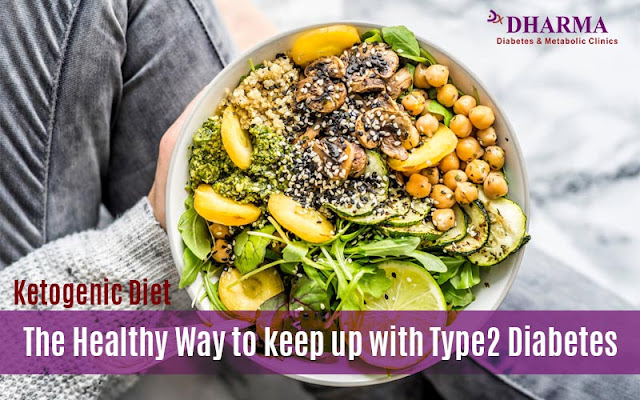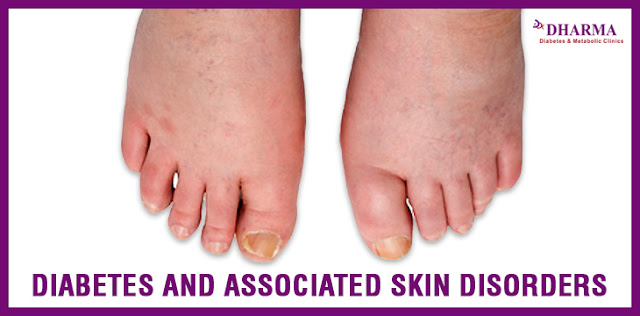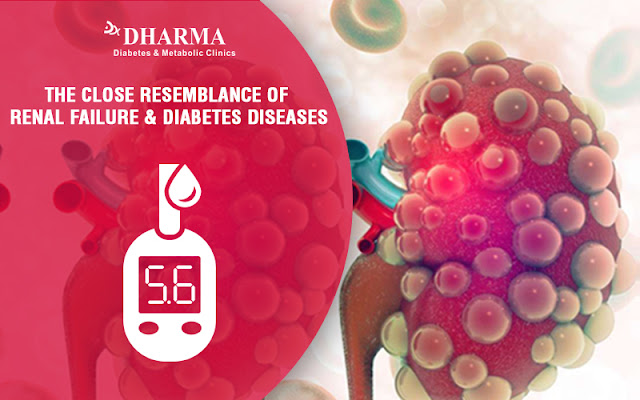Healthy Diet Ensures Healthy Offspring During Pregnancy
Eating a healthy diet is very necessary that too when you
are pregnant, the woman should avoid unhealthy food and should focus more on
consuming a nutritious and well-balanced diet. An unhealthy diet can cause
bacterial infections that can affect health during pregnancy and cause serious
complications and illness to both, mother and the child. Therefore, it is
undoubtedly important to take all the necessary cares to reduce common bacteria
like e Coli, salmonella, and listeria by attending both safe cooking methods
and keeping the kitchen carefully clean during pregnancy.
Expecting women should expect to gain weight in the region
of 25 - 30 lbs. during their fertility. Even if you were overweight before the
pregnancy you should still gain weight but a little less and if you were
underweight you should achieve a little more.
Dietary standards
during pregnancy:
It gets very important to remain hydrated during your
pregnancy. The woman should remain hydrated by maintaining an adequate intake
of fluids. This guarantees that while you may be urinating often you are also
removing all necessary toxins from your system.
There are different varieties of fishes like giant shark,
marlin, king mackerel, and swordfish, that contain high levels of mercury,
which can be harmful to the development of the fetus's nervous system. Also
avoid raw shellfish like oysters, mussels, and clams, as they can contain
algae-borne and sea-borne bacteria that can cause infection.
Unpasteurized dairy products like milk and cheese are also not
permitted during pregnancy. They might contain microorganisms which are
dangerous particularly for pregnant women.
Raw or partially cooked eggs should be avoided as you and
your baby has an increased risk of contracting salmonella. This includes
soft-cooked scrambled eggs, fried eggs with a soft yolk, soft boiled eggs,
poached eggs and other ways of cooking eggs that will leave the yolk or white
'runny'.
DHA is an essential element of good nutrition during
pregnancy, but there are very few dietary sources of the nutrient. Fatty fish,
such as salmon, is the only good source of DHA, but pregnant women are
recommended to eat no more than two servings of fish or seafood per week,
because of contaminant concerns.
Blue cheese, feta, soft white cheese, and blue-veined cheese
are examples of soft cheese. They have higher chances of being infected with
Listeria bacteria, which might lead to critical illness in either you or your
baby.
According to the Food
Standards Agency, pregnant women should limit their drinking of caffeine to
four or fewer cups a day. Control the number of fats you consume and avoid
foods which are high in mercury. This is mostly found on certain kinds of fish
like the tilefish, swordfish and king mackerel. Keep your canned food intake to
a minimum, and if you can eliminate it fully, then that's ideal. Further, make
sure you drink 8 to 10 glasses of water (with no additives) every day. This
will help your body stay clean and pure and flush out all the toxins and excess
water and fat out of your body.
Saccharine and aspartame are two of the most commonly used
sweeteners today and are linked to causing birth defects and many other
problems in the unborn baby. Make sure that this item is high on your list of
pregnancy foods to avoid.
Reference Box:
Now, if you want to be more educated on the nutrition for
yourself and your child, then you should consult the Dharma diabetes Clinic.
The experts will help you in providing nutrition care during the entire period
of gestation.




Comments
Post a Comment